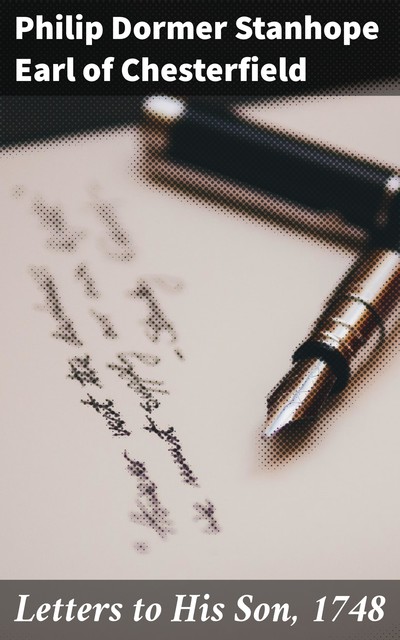In 'Letters to His Son,' published in 1748, Philip Dormer Stanhope, the Earl of Chesterfield, compiles a series of correspondences directed towards his illegitimate son, teaching not only principles of gentlemanly conduct but also imparting wisdom on the intricacies of social interaction, politics, and the art of eloquence. Written in a personal yet erudite style, these letters epitomize the 18th-century epistolary form while reflecting the socio-political atmosphere of the Enlightenment period. Chesterfield deftly balances moral instruction with practical advice, rendering the work both a guide for the young man'Äôs character development and a vivid portrayal of the cultural expectations of the British aristocracy of his time. Philip Dormer Stanhope, known for his sharp wit and social acumen, drew upon his extensive experience in high society to craft these letters, which reveal his aspirations for his son to navigate the often mercurial terrain of elite social structures. The Earl was acutely aware of the impact of refinement, education, and charm, having been well-versed in the art of conversation and diplomatic relations throughout his career. His profound awareness of society's nuances inspired him to pen these guidelines, aspiring to mold his son into an accomplished gentleman. Readers seeking an insightful blend of sincere paternal guidance and astute observations on societal norms will find 'Letters to His Son' to be an invaluable resource. This work stands as a timeless testament to the importance of etiquette, eloquence, and moral fortitude, making it essential reading for those interested in the evolution of social conduct and the legacy of aristocratic mentorship.


